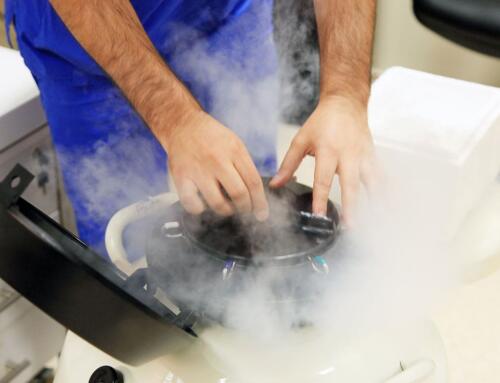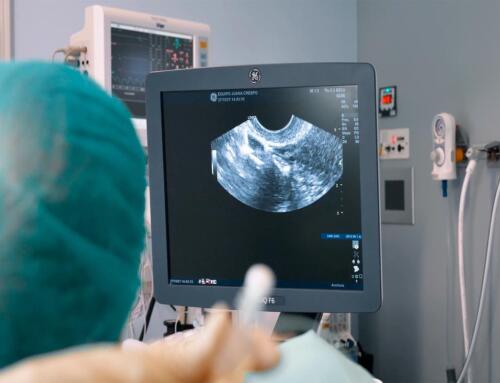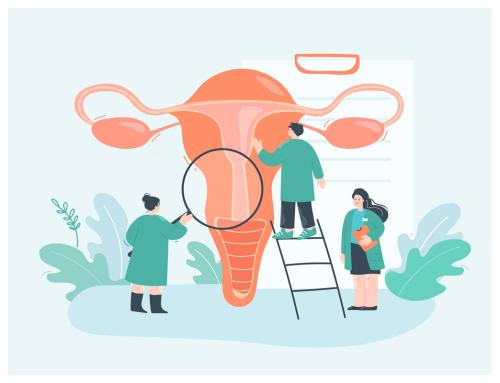Adnexitis, or inflammation of the ovaries or fallopian tubes, can cause female infertility. In addition, if it has already occurred, the infection may develop again.
Adnexitis: Causes and Symptomatology
Pelvic inflammatory disease (PID) or adnexitis is the result of an ascending bacterial infection that spreads to different parts of the female reproductive system such as the uterus, fallopian tubes, and may even reach the ovaries.
Some of the most frequent bacterial infections are gonorrhea, chlamydia and bacterial vaginosis. All of them are STDs (sexually transmitted diseases) and, as their name indicates, the main route of infection is through sexual intercourse with a partner who suffers from them.
The symptomatology of adnexitis is very diverse and most frequently it is mild or asymptomatic. Among the most common symptoms are: irregular and painful menstruation, vaginal discharge that may have a strong or unpleasant odor, bleeding after sexual intercourse, discomfort when urinating, relatively high fever (+38ºC) and bleeding between periods.
Possible complications and infertility related to adnexitis
The main complication of PID (pelvic inflammatory disease) can occur from a lack of treatment in asymptomatic women, since not showing symptoms and not being detected in time can lead to a chronic disease causing chronic pelvic pain.
Adnexitis can also be responsible for ectopic pregnancies, that is, those that develop in the tubes or outside the uterus and even cause female infertility.
If you have already suffered from adnexitis, your chances of becoming pregnant decrease. This is because the inflammation that occurs in the fallopian tubes can cause scarring that hinders the fertilization of the egg and the movement of the embryo towards the uterus.
Is there a treatment for adnexitis?
Yes, in most cases the treatment requires antibiotics. It is important to finish it even if the symptoms of adnexitis have subsided. If the infection is severe, additional hospitalization may be required, although this is not usual.
Early detection is important to prevent it from developing damage that cannot be reversed later.
How can I prevent adnexitis or pelvic inflammatory disease?
- With the use of condoms, if I have sex with an infected partner or if I have several sexual partners or they have sex with other people.
- Having regular gynecological check-ups, as well as tests to detect possible STDs.
- Having an adequate intimate and sexual hygiene.
- Not having sexual intercourse.
Now that you know what adnexitis is and what are its possible symptoms, do not hesitate to go to your doctor to prevent further complications. We hope this article has helped you!
















